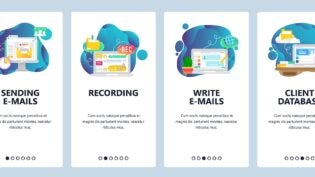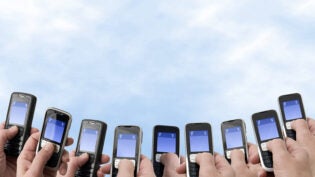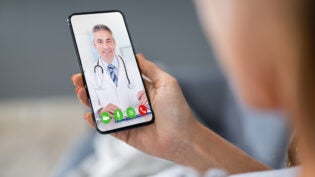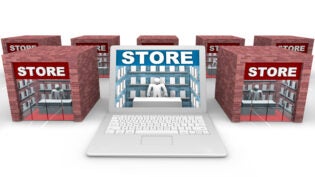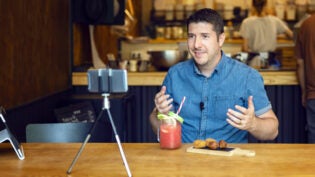Is Beacon Technology All Hype, or Could It Be a Boon for Small Businesses?
By: Ed Fox
When Apple first announced iBeacon last year, many major brands saw beacon technology as the future of retail. Macy’s, Lord & Taylor, and other retailers have already begun experimenting with beacon technology, hoping to guide customers to the right products, push out personalized offers, and provide a better customer experience.
But is beacon technology living up to the hype? Or are there still too many barriers to making this a viable opportunity for retailers?
What Beacon Technology Can Do Today
The potential applications for beacon technology are endless, but retailers are only beginning to scratch the surface of what’s possible.
Beacons push location-specific messages to nearby smart devices through Bluetooth 4.0 or Bluetooth low energy. The technology acts as an automated salesperson that can customize each customer’s experience by offering:
- Specialized coupons. Beacons allow stores to push discounts directly to consumers based on their location within the store. This ensures that customers are getting the right offers for them.
- Product support. Beacons help retailers serve up relevant product information or direct customers to other aisles based on customers’ location and their purchase histories.
- Navigation. Beacons act as in-store, turn-by-turn navigation to guide customers to where they need to be. Duane Reade, a drugstore owned by Walgreens, has rolled out iBeacon in 10 Manhattan stores. Its app includes a map of each store with a product locator to help customers find what they need without roaming the aisles.
- More personal interactions. Beacon technology frees salespeople from memorizing promotions and product information and allows them to focus on welcoming customers, asking about their day, and turning new customers into repeat buyers.
Unfortunately, beacon technology still has limitations that are preventing it from reaching its full potential.
For one thing, beacon technology requires users to opt in by installing a store’s app and turning on Bluetooth, which means it’s only designed for targeting repeat customers. And because Android devices aren’t programmed to actively search for transmissions and open relevant applications when triggered (like iOS devices), Android phones will only receive beacons if the user has the relevant app open and running.
Where Can It Go From Here?
While beacon technology still has a long way to go, it has the potential to be a game changer for small businesses. Here are a few ways retailers can put beacons to work:
- Eliminate checkout lines. Beacon technology could enable customers to pay from their phones anywhere in the store. Apple is trying something similar with EasyPay, which allows customers to scan a product and purchase it without waiting in line. The new PayPal Beacon will also allow customers to make transactions with participating businesses through their phones.
For small retailers on a tight budget, this could reduce the number of employees needed to keep the store running at optimal efficiency during the holiday rush. - Get customers in the store. Some businesses have begun marketing their beacon technology by sending emails to their customer base with the promise of a special offer for downloading the store app.
- Allow customers to communicate with salespeople. Beacons aren’t limited to pushing out messages to shoppers. Customers can submit questions to the app, signaling a salesperson to respond or find the customer to provide further assistance.
- Add a social element. Small businesses will be able to integrate their apps with customers’ social media accounts (or even add users to an account) to see what their friends and family members purchased at the store. This will be helpful for event registries or when shopping for that friend who has everything.
There are still obstacles preventing beacons from reaching their full potential, but that doesn’t mean small businesses shouldn’t be exploring this technology. ShopBeacon alone helped drive $1 billion in revenue for its retail partners in the past year, and that number is only going to increase.
The future is bright for beacon technology, and it could be a breakthrough for better customer relationships. Do you plan to integrate beacon technology in 2015?
Jyot Singh is the founder and CEO of RTS Labs, an award-winning technology company focused on building highly scalable, reliable software solutions for emerging and fast-growing companies. With over 15 years of in-the-trenches technology experience, Jyot has led many successful technology teams and numerous implementations around web/mobile, Salesforce, and data analytics solutions. Most recently, he has been championing big data adoption in the midsize market.
Additional Resources
3888 Views






